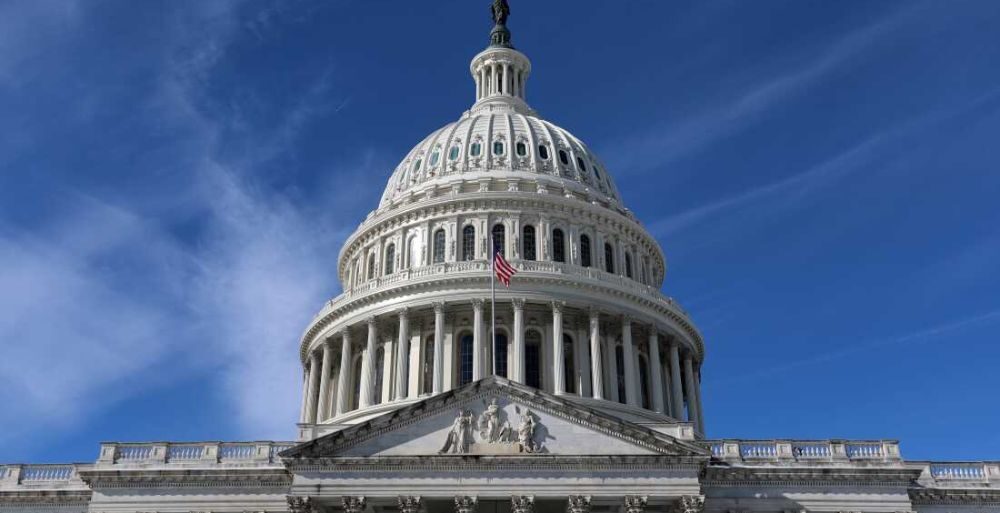Mike Duncan, known for his podcasts on empires and revolutions, offers a provocative question: Are we witnessing the early stages of American decline? Drawing parallels between Rome’s trajectory and the U.S. today, Duncan argues that some warning signs—economic inequality, political polarization, institutional strain—mirror patterns seen in past imperial collapses.
Duncan suggests that America’s global influence may have already peaked. He points to overextension, mounting national debt, and waning soft power as potential harbingers of systemic stress. For him, the comparison to Rome is not about foretelling a fixed inevitability, but about using historical patterns as cautionary guides.
He emphasizes that Rome didn’t fall overnight; its decline unfolded over centuries due to a mix of internal decay and external pressures. In a similar vein, Duncan sees multiple stressors converging in the U.S.—rising distrust in institutions, partisan gridlock, infrastructure degradation, and economic strain on the middle class.
Yet Duncan does not claim that collapse is inevitable. Instead, he argues that understanding history’s lessons can help avert worst-case scenarios. The resilience to reform, to adapt institutions, and to renew civic commitment may determine whether a society weathers its crises or succumbs to erosion.















